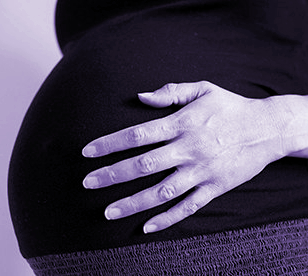NSW makes discrimination change
 New South Wales is changing the law to make sure pregnant woman are not discriminated against, but has scrapped amendments to racial vilification provisions.
New South Wales is changing the law to make sure pregnant woman are not discriminated against, but has scrapped amendments to racial vilification provisions.
The state will abolish two subsections in the NSW Anti-Discrimination Act 1977 which allowed employers to fire women who knew, or should have known, they were pregnant when they applied for the job.
The NSW Government acknowledged the work of Greens MP Dr Mehreen Faruqi in advocating for the change.
At the same time, the Government is dropping plans to reform the state’s racial vilification laws.
Laws set out in section 20D of the Anti-Discrimination Act are meant to prevent incitement to racial violence, but there has not been a single successful prosecution in 30 years.
The issue came to prominence recently when the director of public prosecutions was left unable to charge Ismail Al-Wahwah, the leader of Hizb ut-Tahrir, after he described Jews as the “hidden evil” and called for a “jihad against the Jews”.
In 2013, a parliamentary committee recommended procedural changes to make 20D more effective, such as improving the timeframes for lodging and referring complaints, allowing serious racial vilification complaints to be referred to police and authorising police to prepare briefs of evidence for the director of public prosecutions on racial vilification responses.
While change was expected, no bill was ever introduced.
Attorney general Mark Speakman has now confirmed that there is no intention for reform.
“There are no present plans to amend section 20D of the Anti-Discrimination Act,” he told reporters.
“Apart from section 20D and its analogues, existing general criminal law provisions, including in the Crimes Act, are capable of covering conduct of the kind in question.”
Shadow attorney general Paul Lynch said the change is being blocked by “right wing ideologues in the Liberal party”.
“NSW is a successful multicultural society,” Mr Lynch said.
“That has happened and will continue only if we get our institutions and laws correct. Reforming section 20D is part of that.”








 Print
Print